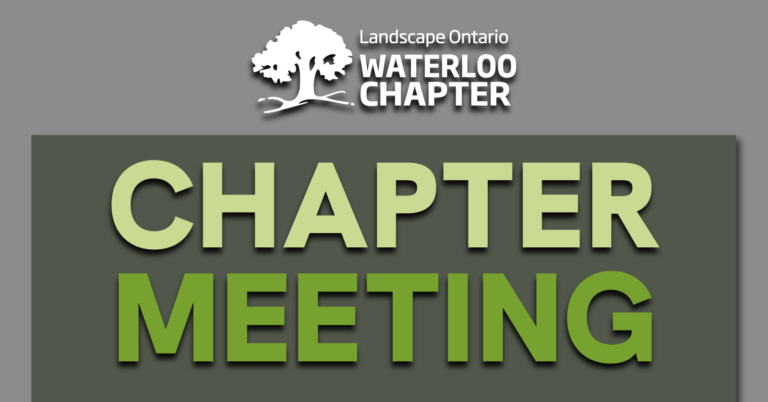 The first step in every project is speaking with the client. After we chat for a while, I start to get an idea of the needs and wishes of a potential client. I determine whether or not what they’re saying they want is within our scope of work and the client’s budget. If it all sounds good, we make an appointment to meet.
The first step in every project is speaking with the client. After we chat for a while, I start to get an idea of the needs and wishes of a potential client. I determine whether or not what they’re saying they want is within our scope of work and the client’s budget. If it all sounds good, we make an appointment to meet.
In the past, I’d get excited if the house and property were large and in an affluent part of town. Conversely, I’d be disappointed if the area I was driving in was crammed with small homes and small yards. In my experience though, some people in large homes live beyond their means and don’t have money for a landscape that matches the area. And again, conversely, some people with small homes on small properties can well afford landscapes which seem beyond what one would expect for those areas of the city.
I’m a big believer in ‘up-selling,’ but I don’t like the negative implication. I honestly want to make sure the client is as informed about design and materials as possible. If these ideas and materials are more costly than what the client had in mind, at least they can’t look back on the finished job and say, “I wish I would have known or been told…”
For budget clues, I look at what kind of cars are in the driveway, even the kind of shoes the clients are wearing, how is the house furnished — art, furniture, rugs — and of course the jewellery they’re wearing. But sometimes, high-end trappings don’t necessarily mean a bigger budget.
I treat each potential client as a new opportunity to create visually pleasing and functionally correct landscapes. I try hard not to let the size of the home, its location and other distractions cloud my view of what I feel the client wants. I’ve been happily surprised and surprisingly disappointed in a number of areas in Toronto.
What tools do you use when you assess your clients? What tools do you use when you assess your client’s needs? Is up-selling part of your approach? Send me an email with your ideas. I might include it in an upcoming issue of the Contractors’ Newsletter. I’m at arthur@shibui.ca.
Arthur Skolnik owns Shibui Landscaping in Toronto and is a member of the Landscape Contractors Sector Group.









